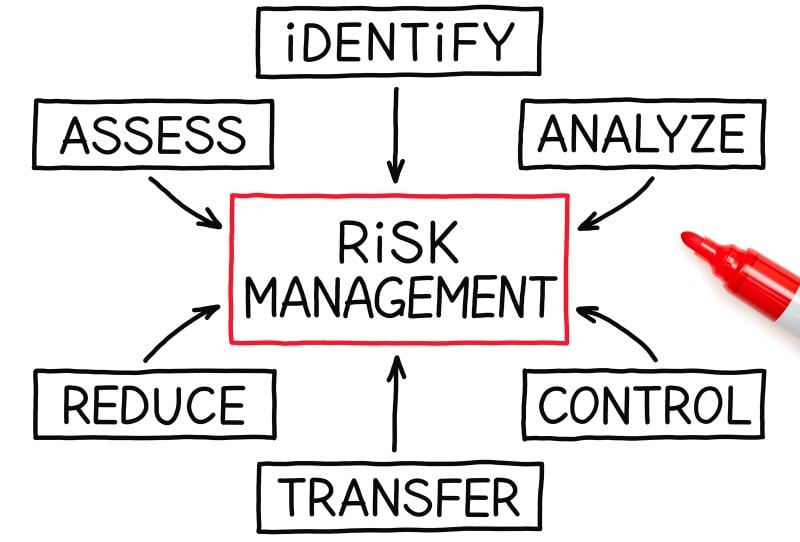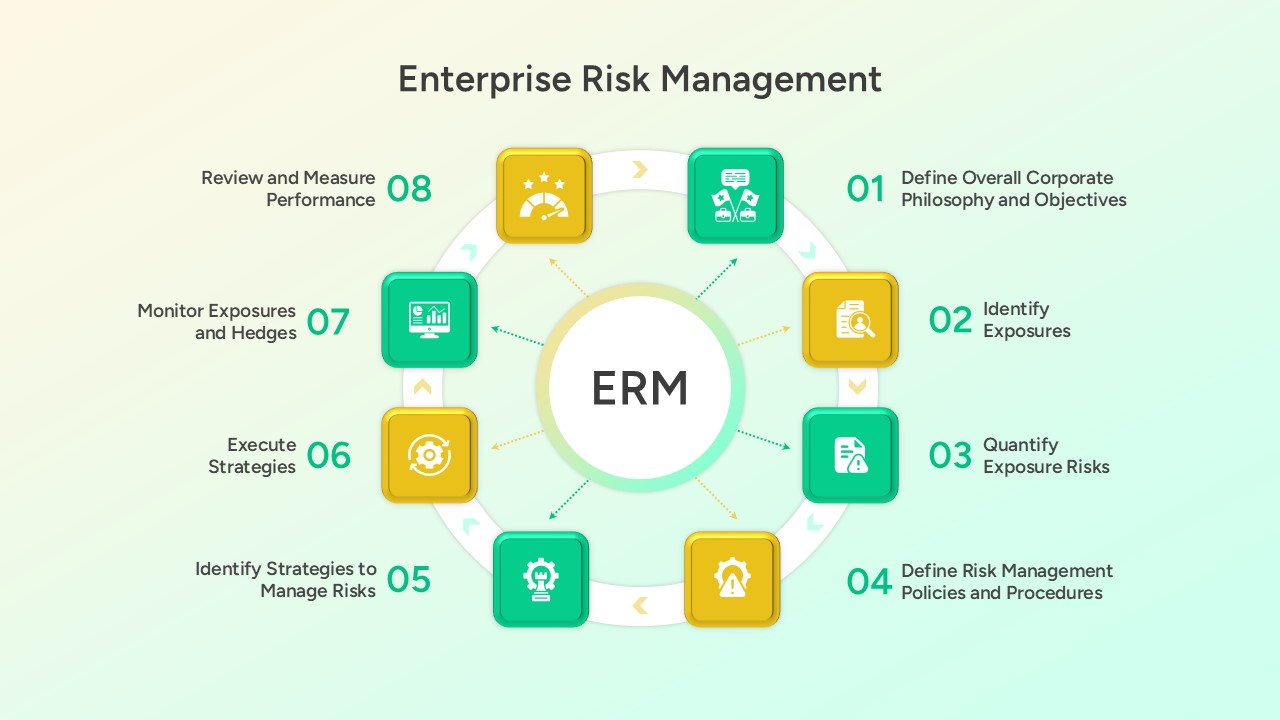Explore the Function of AI in Supporting Ethics and Stability to Fight Insider Threats Efficiently
The assimilation of AI in organizational frameworks has actually come to be essential in dealing with expert threats. By employing sophisticated analytics and real-time surveillance, AI systems can recognize discrepancies from honest habits amongst staff members (Insider threats). This aggressive approach not only enhances compliance however additionally cultivates an environment of count on. As companies progressively count on these innovations, inquiries emerge concerning their performance and possible effects for workplace society. What exists in advance in the development of AI's function in promoting stability?
Comprehending Insider Threats and Their Effect On Organizations
Companies commonly focus on external threats, expert dangers position a significant threat that can threaten safety and stability. These threats arise from people within the organization, such as service providers or staff members, that might abuse their access to delicate info for personal gain or harmful intent. The impact of expert risks can be severe, bring about monetary losses, reputational damage, and lawful ramifications.
Aspects contributing to expert risks consist of discontentment with the workplace, absence of oversight, and inadequate staff member training on safety and security protocols. Organizations commonly have a hard time to recognize these risks, as they can be tough to discover until considerable damage has taken place. Prevention approaches should concentrate on promoting a society of count on and liability, alongside applying robust tracking and reporting systems. By identifying and dealing with the intricacies of expert threats, organizations can boost their safety and security pose and shield their important possessions from inner risks.
The Development of AI in Office Safety And Security
As companies increasingly face diverse safety obstacles, the integration of synthetic knowledge (AI) in work environment protection has actually advanced considerably. At first, AI applications concentrated mostly on automating standard protection methods, such as access control and surveillance. Improvements in maker discovering and data analytics have changed AI right into a positive tool capable of identifying possible dangers and vulnerabilities in real-time.
Organizations now leverage AI-driven systems to assess substantial quantities of data, enabling them to identify strange habits that may show expert risks. This evolution has actually caused the development of innovative formulas that can find out from historical cases, improving the system's predictive capabilities. On top of that, AI tools are increasingly made use of to enhance incident feedback processes, permitting safety teams to act promptly and efficiently.
How AI Monitors Staff Member Behavior for Ethical Conformity
Expert system plays a vital role in checking worker behavior to assure ethical conformity within organizations. AI systems assess large quantities of data produced by staff members, including interactions, transactions, and access to delicate information. By utilizing advanced algorithms, these systems can recognize deviations from developed moral standards and firm policies.
Device understanding models constantly adjust to recognize patterns of habits that may show ethical breaches, such as unapproved information gain access to or uncommon purchase activities. Insider threats. In enhancement, AI-driven devices can offer real-time notifies to monitoring, helping with prompt treatments when potential risks are found
The assimilation of AI into compliance tracking not just boosts the company's capacity to copyright integrity however likewise promotes a society of liability amongst staff members. By advertising transparency, AI systems act as a deterrent versus unethical habits, making certain that staff members continue to be straightened with moral criteria and business values.
Examining Patterns: Determining Risky Habits With AI
A growing number of companies are leveraging AI to assess patterns that might suggest dangerous habits among employees. By making use of innovative formulas, these systems can look with large amounts of data, identifying anomalies in individual habits that might suggest possible expert threats. For example, AI can spot unusual accessibility patterns to delicate info, such as employees accessing documents outside their normal range of work or throughout atypical hours. Furthermore, behavioral analytics can highlight constant changes in a staff member's interaction style or cooperation practices, which might represent underlying concerns. This positive approach makes it possible for organizations to determine risk variables before they rise into substantial threats. Subsequently, the integration of AI right into keeping an eye on practices not only boosts safety yet likewise cultivates a culture of responsibility and moral behavior. By identifying these patterns, organizations can much better understand the behavioral dynamics within their labor force, inevitably promoting a safer and a lot more moral job environment.
Real-Time Insights: Immediate Reactions to Prospective Hazards
Real-time understandings through predictive analytics and automated alert systems play a necessary duty in dealing with potential risks to principles and honesty. By leveraging these technologies, organizations can anticipate risky habits and react promptly to mitigate risks. This proactive method improves responsibility and promotes a society of stability in different atmospheres.
Predictive Analytics Applications

Automated Alert Systems
Anticipating analytics gives a foundation for i was reading this organizations to boost their responsiveness to moral issues through automated sharp systems. These systems use real-time data to keep track of tasks, identifying abnormalities that may indicate possible expert threats. By leveraging artificial intelligence algorithms, automated alerts can recognize patterns of behavior that drift from developed standards, enabling speedy intervention. This immediacy is essential in mitigating threats related to underhanded methods. Moreover, automated sharp systems can streamline interaction among appropriate stakeholders, ensuring that possible threats are attended to quickly and properly. As companies increasingly rely upon AI-driven solutions, the combination of automated sharp systems will certainly play a critical function in cultivating a culture of principles and honesty, ultimately securing business assets.
Promoting a Society of Trust Fund Through AI-Driven Transparency
AI-driven transparency can substantially enhance count on within companies by advertising liability and open communication. Through real-time tracking options, stakeholders can obtain understandings into processes and decision-making, fostering a culture of stability. Data-driven decision-making additionally sustains this openness, making it possible for informed choices that align with ethical requirements.
Enhancing Transparency and Accountability
Just how can organizations effectively cultivate a culture of depend on? By boosting openness and accountability with the critical use of synthetic intelligence. AI can help organizations systematically track decision-making processes, ensuring that actions straighten with established ethical standards. This openness permits staff members to see the reasoning behind policies and decisions, reducing obscurity and cultivating a feeling of fairness. Additionally, AI-driven devices can promote clear interaction relating to responsibilities and assumptions, equipping individuals to take possession of their activities. As responsibility becomes embedded in the business culture, staff members are more probable to engage in moral habits, knowing their activities are kept an eye on and assessed. Ultimately, this strategy cultivates an environment where depend on can thrive, greatly minimizing the threat of insider threats.
Real-Time Surveillance Solutions
As organizations significantly seek to cultivate a culture of trust fund, real-time tracking solutions arise as a pivotal device in enhancing openness. These AI-driven systems continuously track tasks, providing understandings into individual actions and prospective abnormalities that may suggest insider risks. By implementing such tracking remedies, organizations can proactively recognize risks, guaranteeing punctual responses internet to questionable activities. This not only safeguards sensitive details but likewise enhances a commitment to honest techniques. The clear nature of real-time monitoring assists develop staff member self-confidence, as check here individuals are aware that their actions are being observed for the higher good. Inevitably, these remedies serve to cultivate a workplace atmosphere grounded in depend on, liability, and moral honesty, vital for minimizing expert threats effectively.

Data-Driven Choice Making
Real-time tracking options prepared for data-driven choice production, which substantially enhances business openness. By leveraging AI modern technologies, companies can assess vast quantities of information to recognize patterns and abnormalities a sign of prospective insider risks. This analytical approach enables stakeholders to make enlightened choices based in empirical evidence, fostering a society of trust fund amongst workers. Openness in decision-making procedures, boosted by AI-driven insights, encourages liability and moral habits. Furthermore, it allows companies to proactively attend to vulnerabilities, guaranteeing that actions taken are warranted and interacted clearly. Consequently, the execution of data-driven approaches not just reduces risks linked with insider threats yet likewise reinforces the worths of stability and ethical conduct within the business framework.
Future Fads: The Function of AI in Enhancing Workplace Ethics
While companies increasingly transform to man-made intelligence for functional performance, the capacity of AI to enhance workplace values is acquiring prestige. Future patterns show that AI will play an important role in establishing ethical frameworks and standards, enabling companies to navigate complicated ethical problems. By assessing large quantities of data, AI can determine patterns of unethical habits and offer understandings that promote transparency and liability.
AI-driven tools can assist in real-time surveillance of employee interactions, ensuring adherence to moral criteria. This proactive technique not just minimizes insider risks however additionally grows a culture of integrity. As organizations accept AI modern technologies, they have to also prioritize honest programs and mathematical prejudice decrease to assure justness.
In this evolving landscape, the integration of AI in ethical methods represents a transformative shift, promoting an atmosphere where stability is not simply anticipated yet methodically enhanced.
Frequently Asked Inquiries
Exactly How Does AI Differentiate Between Benign and Malicious Actions?
AI separates in between harmful and benign activities by examining patterns in individual habits, utilizing device discovering algorithms to determine anomalies, and evaluating contextual data to determine whether activities straighten with well-known standards or display potential threats.
Can AI Devices Replace Human Being Judgment in Honest Decision-Making?
AI tools can not fully change human judgment in moral decision-making. While they can examine data and identify patterns, the nuanced understanding of context, worths, and ethical effects still needs human insight and discernment.
What Are the Personal Privacy Effects of AI Checking Worker Behavior?

How Can Organizations Ensure AI Algorithms Are Morally Made?
Organizations can ensure AI algorithms are ethically designed by applying clear advancement processes, entailing varied stakeholders, carrying out regular audits, and adhering to well-known honest frameworks that prioritize justness, responsibility, and respect for user personal privacy and legal rights.
What Training Is Needed for Team to Comprehend Ai's Ethical Duty?
Personnel training ought to incorporate fundamental AI principles, data personal privacy, and bias recognition. Workshops, study, and interactive sessions can improve understanding, guaranteeing staff members acknowledge AI's ethical ramifications and its role in cultivating integrity within the company.
Synthetic knowledge plays a crucial function in monitoring worker actions to ensure moral compliance within companies. The integration of AI into checking practices not just enhances safety yet also promotes a society of accountability and honest actions. While organizations progressively encounter ethical issues and possible integrity breaches, anticipating analytics applications offer timely insights that can aid minimize these risks. Predictive analytics supplies a structure for organizations to improve their responsiveness to moral problems through automated alert systems. Future patterns suggest that AI will certainly play an essential role in establishing honest structures and guidelines, permitting companies to browse intricate ethical issues.